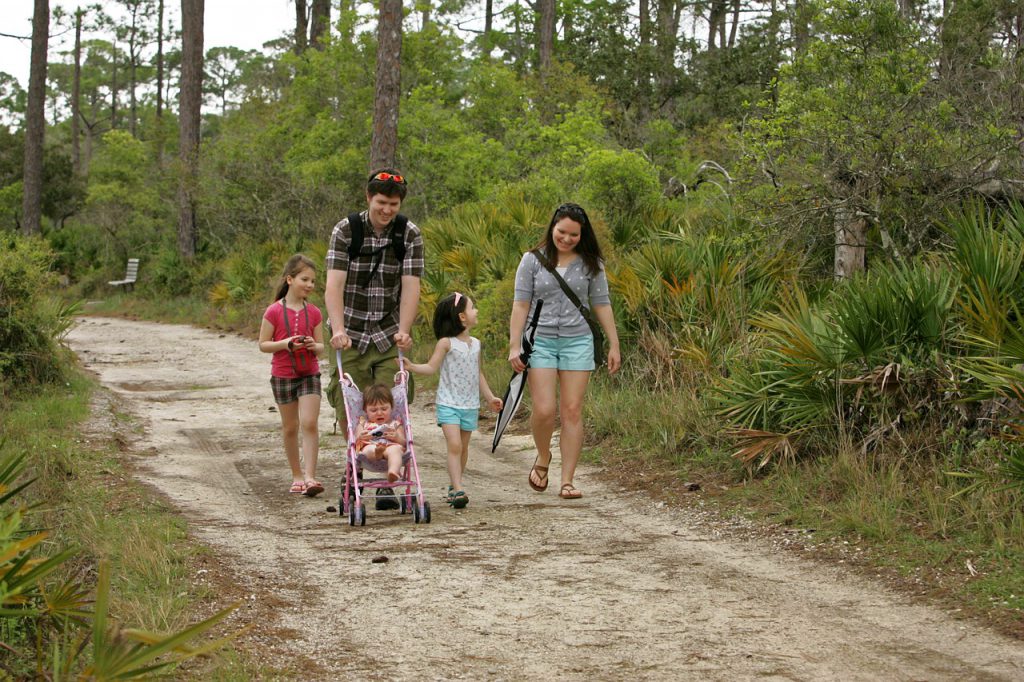It seems the most anticipated time of year for my kids is summer break. I get it…no more waking up at the break of dawn, no teachers, no school work, and no homework. But it can also mean no healthy school meals, PE or recess, or afterschool sports…and this may lead to unnecessary weight gain during the break. Research suggests that kids can gain up to three times as much weight over the summer as during the entire school year.
As a parent, I have to find ways to keep my kids active and healthy during the summer months. Keeping a pantry stocked with healthy snacks is probably the easiest for me. (I tend to make healthy snack bags for each child so they know what to eat when they’re hungry). However, ensuring my kids are physically active while I’m at work is a bit more challenging. I certainly can’t afford to keep them in day camps all summer. One solution I have used is to keep a schedule so the kids know what they should be doing at all times. I noticed that without this schedule my kids don’t know what to do with themselves and end up mindlessly eating in front of a screen.
Below are other ways to keep kids healthy and active during summer break.

- In honor of the 2016 Summer Olympics, introduce your own family Olympics. Use a chart to document weekly activities. Whoever did the most activity wins.
- Take a walk with your kids at the nearest trail or play at the nearest playground or play space. Use discovertheforest.org to locate one closest to you.
- Don’t forget to include chores as part of summer physical activity.
- Limit screen time to a maximum of 2 hours a day.
For more ideas, click here http://blog.uvahealth.com/2011/08/05/8-great-ways-to-keep-your-kids-fit-during-the-summer/
-Lisa